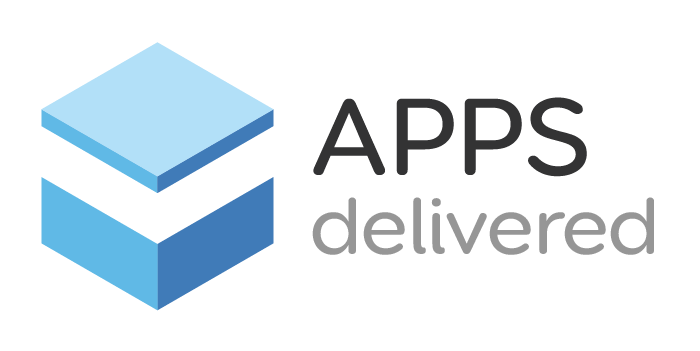In a modern business, finance is the lifeblood of the company. From payroll to taxes to accounts receivable and payable, it’s all about money. And that means there are lots of opportunities for automation in the world of finance. The good news is that many companies have already shared their best practices on how they automate their own finances with runbooks! Let’s take a look at some examples of what you can do with runbooks for your company’s financial operations.
Accounts receivable and payable automation
You can automate many of your accounts receivable and payable functions with runbooks. For example, you can use runbooks to perform common tasks such as: managing customer invoices, adjusting invoice amounts, tracking the status of payments made on those invoices, and recording late payment fees.
Tax automation
Automating your taxes can save you a lot of stress and improve cash flow. Runbooks are useful for automating common tasks, such as: generating estimated tax payments, importing 1099-MISC forms, managing withholding amounts based upon employee classifications, etc.
Payroll management
Runbooks are useful for automating common tasks, such as: generating paychecks or direct deposits, recording deductions based upon employee classifications, etc.
General workflow automation
Many finance processes are driven by external events. For example, your company’s finances may depend on when product shipments are received from vendors or when certain tax payments are due. In these situations, you can use runbooks to automate your finance activities based upon external departments. For example, you can use runbooks to generate emails or messages when the shipment is received from a vendor or to automate tasks based upon the date that an invoice is paid.
Putting it all together
Runbooks can be used to create automatic workflows for your finance team. This will allow your company’s finances to continue operating smoothly even if individual employees have to be away from their desks for extended periods. So there you have it! We’ve just scratched the surface of what is possible with runbooks in the world of finance. Here are some additional resources that may help you get started: The Benefits of Runbooks for Repeatable Processes.



